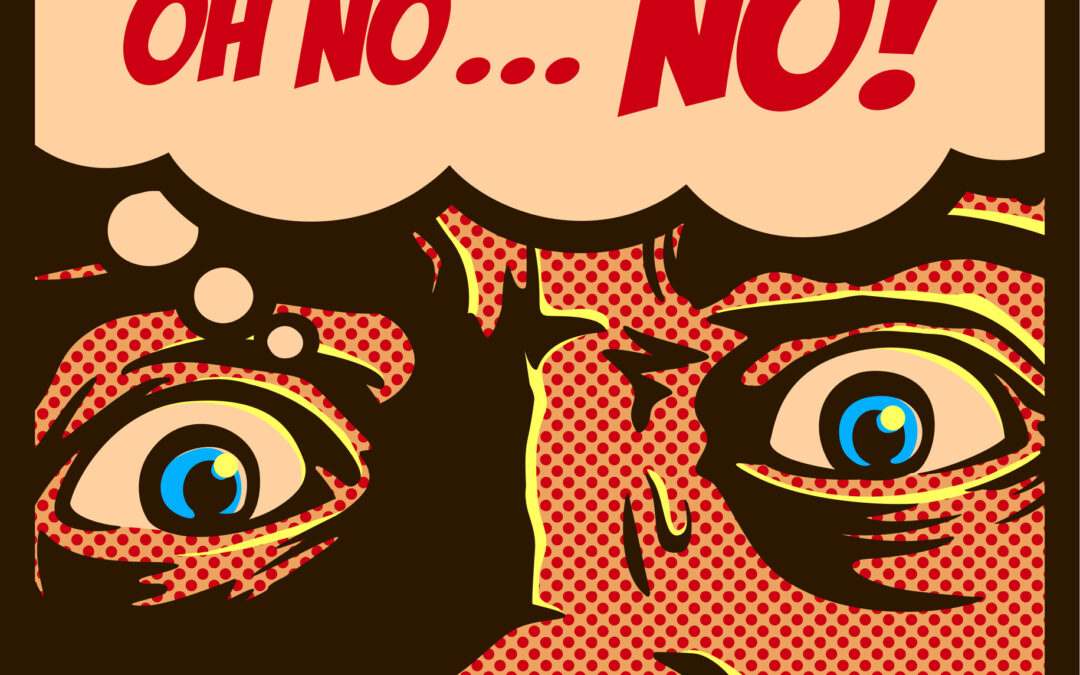As therapists, we hear from people in all walks of life. Every client is different and comes to therapy with varied experiences, but one thing remains true; most people hold shame for things they don’t need to. When we feel shame, our brains will often make us think...

Things You Might Feel Shame For, That Are Actually Very Common!
As therapists, we hear from people in all walks of life. Every client is different and comes to therapy with varied experiences, but one thing remains true; most people hold shame for things they don’t need to. When we feel shame, our brains will often make us think that we’re the only one who could think or feel this way, or that only terrible people would be. Aside from being a horrifically uncomfortable emotion, intense shame is detrimental to our overall mental health, relationships, and long-term self-esteem.
While this is nowhere near a comprehensive list, below is a list of things I often hear in therapy, that are entirely normal. If you’ve ever had these thoughts, you are far from alone!
“When ____ died, I felt relieved”
What shame tells you this means: I must be a terrible person to feel a positive emotion after a death. Did I wish this upon them?
What it actually means: You’re a human capable of compassion fatigue, empathy for an end to suffering, potential safety benefits to yourself or others, awareness of resource strain, etc. Grief is always complex and there are typically many conflicting emotions that can include relief.
“I lied/cheated/stole in my past”
What shame tells you this means: “I am a liar, cheater, criminal.”
What it actually means: Many people hold shame for very minor mistakes or choices from their past. Barring violent or aggressive actions, most of the time there is a reason for these choices, that once understood, lets in compassion instead of shame.
“I _____ to cope”
What shame thinks this means: I can’t deal with the stress of my life.
What it actually means: Substances, “nervous habits”, and impulse spending are just some of the behaviors people often feel significant shame for engaging in when they are feeling difficult emotions. If your behaviors are causing you harm or aren’t working to reduce your distress as you hoped, all that means is that they aren’t quite the right option for you. There is never shame in trying to feel better, there are only things that serve you and things that don’t.
“I have intrusive thoughts about ________”
What shame tells you this means: “My brain is out of control, I’m disgusting/disturbed for thinking that way”
What it actually means: You have a normal brain, working exactly how a normal brain should. Intrusive thoughts are so common, that it’s more uncommon to be someone who hasn’t experienced an intrusive thought. To be frank, I’ve never met someone who hasn’t experienced intrusive thoughts, only people who felt strong emotion after them, and people who brushed them off and forgot about them. Having intrusive thoughts (even ones that feel totally out of character!) says nothing about who you are. If these thoughts are causing you intense distress it is certainly worth discussing with a mental health provider, but even then, there is no shame in experiencing them.

Things You Might Feel Shame For, That Are Actually Very Common!

Life Hacks For When Everything Feels Hard
Mental health challenges like depression, anxiety, and ADHD can make for difficult days. Ideally, with the right combination of therapy, coping skills, or medication, there won’t be so many hard days. But sometimes we hit a rough patch or experience a stressor or...

How to Disobey “Worthless” Thoughts
If you believe you are “worthless,” it can bring on crushing feelings of depression and shame. But worthlessness doesn't only impact how you feel. It also profoundly impacts what you do next. When you believe you are “worthless,” you might: Not ask for help Silence...

The 12 Best Mental Health Apps
Modern technology can be an amazing supplement to professional counseling. Check out these 12 Apps that come recommended for recovery from depression, eating disorders, PTSD, insomnia, and anxiety. DEPRESSION RECOVERY APPS 1. TalkLife (online support tool)...

Why I Think “Worthless” Isn’t a Feeling AND Why that Matters
Have you ever been so dejected or depressed that you began to question your worth as a person? What triggered that moment for you? Was it: A rejection, break-up, or abandonment? A harsh word or critique that hit like an arrow in the heart? A failure to live up to your...








